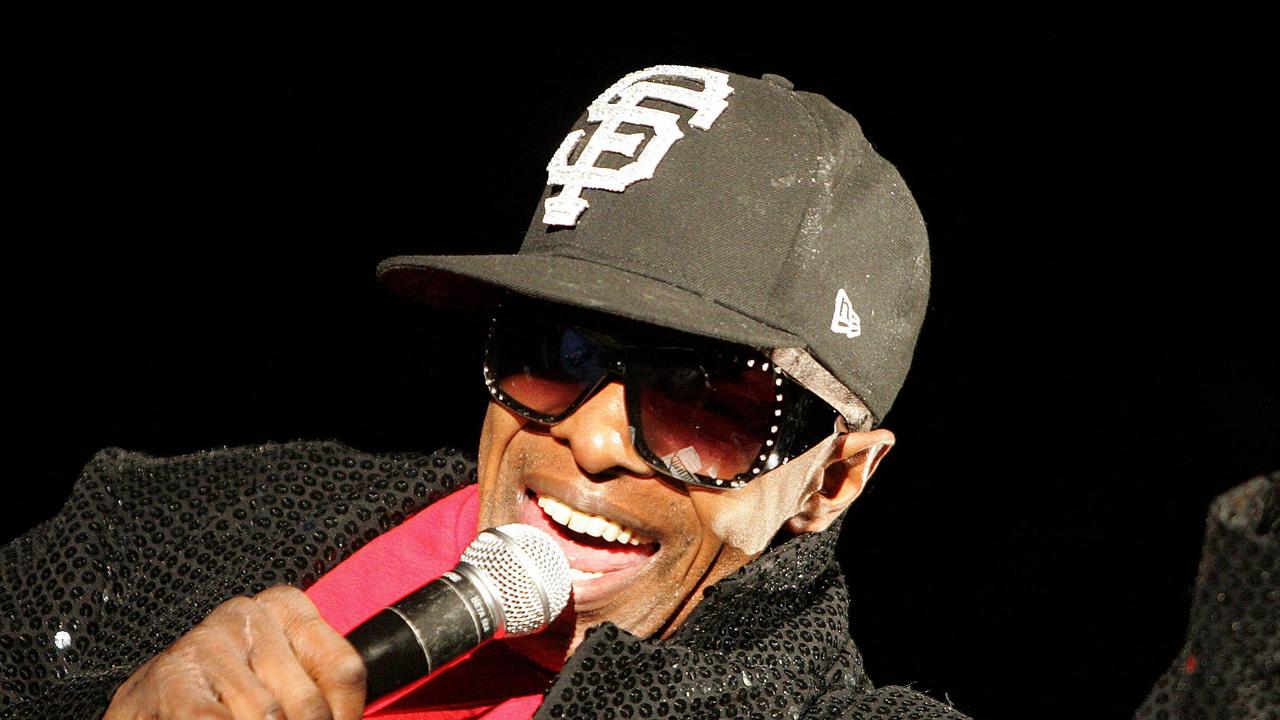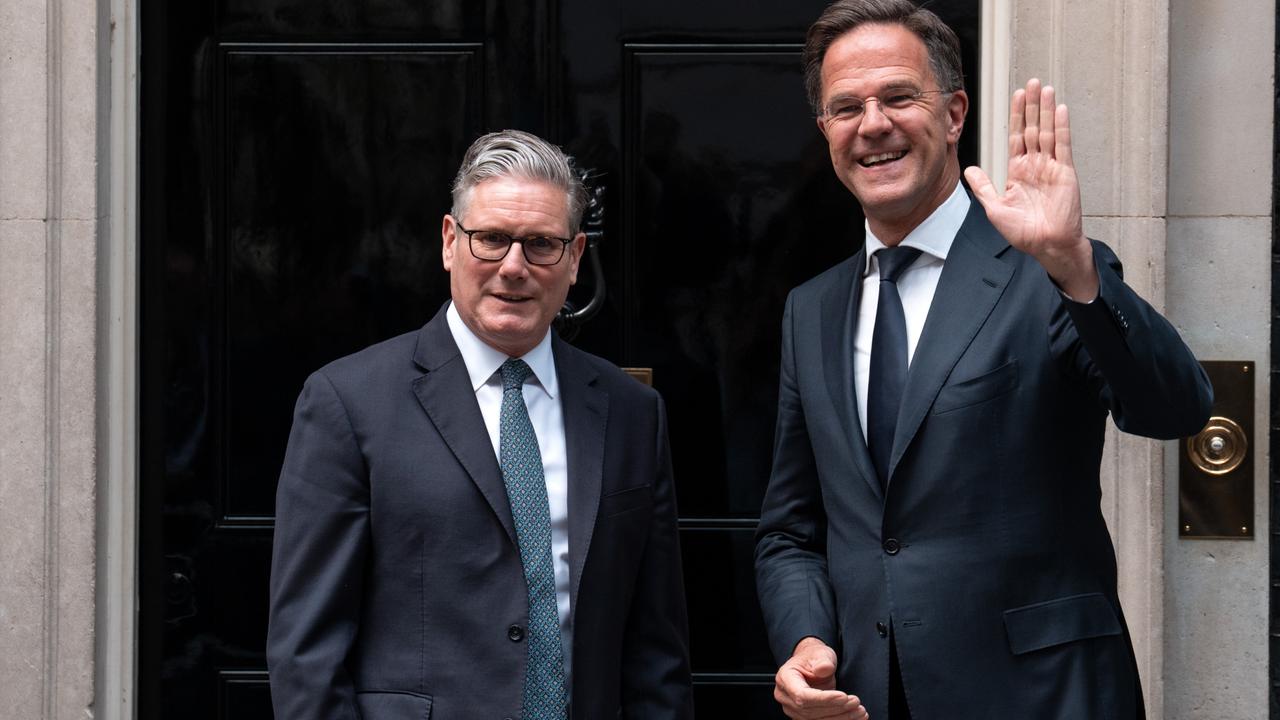Boris Johnson should call a snap general election
He hasn’t moved into No 10 yet but Boris should take the percentage chance and go for it.

What did you think would happen? What did anyone think would happen? Boris Johnson was always going to win the contest to be Conservative leader. It was inevitable once Theresa May’s Brexit deal was rejected by MPs and Britain failed to leave the European Union in March.
Candidates like Sajid Javid and Matt Hancock were well aware that unless Mrs May took us out of the EU in the spring, she would fall. The ensuing contest could only be won by a supporter of a no-deal Brexit. And they, like Michael Gove, would find it almost impossible to compete.
Although Mr Johnson officially won the leadership last night, he actually clinched it on June 18, the day Dominic Raab was knocked out of the running. When the only other serious no-deal candidate was out, the prize was Boris’s.
MORE: What’s next? Johnson has just 99 days to exit EU mire | Paul Kelly writes Scott Morrison is no Donald Trump or Boris Johnson | Greg Sheridan writes Johnson faces the most diabolical set of crises of any new PM since Winston Churchill | First steps — Boris assembles his “Dude’’ team
So the question of who was going to win was always an easy one to answer. Here’s a harder one: what should Mr Johnson do now?
He won’t want to hear this but, putting myself in his place and trying to see how best to achieve his objectives, my advice is to call a snap general election.
Not wait to be forced into one but seize the initiative and call one in the next month. I realise that following my advice could lead him to disaster. This is because the premiership that begins today is quite likely to end in disaster and any number of things might cause it. I just think that calling an election is his best bet.
Let’s kick off with this. When Boris said that the chances of a no-deal Brexit were a million to one, I thought his odds-making was terrible. But at least, by talking about probabilities, he was talking my language.
Nothing in politics is certain. I don’t have a strategy that guarantees success. No one does. I don’t have one that is certain to prevent the Tories getting mullered at the next election, whenever it is held. I don’t have one that guarantees we leave the EU with a deal, without a deal, or, indeed, at all.
All one can do is look at the probabilities and the pay-offs and choose the one that offers the best outcome, all things considered. And going to the country sooner rather than later is the one that does that.
Sooner or later is the key choice facing the new prime minister. A government with a majority of two isn’t going to keep it for long. A defection or two, a by-election or two, a disagreement with the Democratic Unionist Party or two and it will be gone. The chances of surviving to the scheduled end of the parliament in 2022 seem pretty small to me. And the chances of running out of road next year seem pretty high. Particularly when the government starts doing something that requires legislation.
And that’s even before you take Brexit into account. Obviously there is a fairly high chance that Mr Johnson could lose a vote of confidence while trying to force through his EU solution.
So holding an election later rather than sooner won’t amount to much later. It doesn’t buy you much time.
The case for later, or at least trying for later, is clear. You get a chance to deliver Brexit first and this means a chance to reunite the vote of the right currently split between the Tories and the Brexit Party. And, not to be overlooked, putting off an election reduces the chance that Boris will serve the shortest period of any prime minister. The Unionist politician Walter Elliot famously said that the best way to lose an election is to hold one.
There is also, of course, the fact that Mr Johnson promised that he wouldn’t call an early election. But that shouldn’t worry him too much since he has promised pretty much everything to everybody. He’s going to have to let people down on some of them.
So here is the case for sooner. On the terms he’s set out, Mr Johnson’s chances of securing a deal from the EU that he can persuade a majority of MPs to back in order to leave at the end of October are slim. And it is highly likely that parliament will block any attempt to leave without a deal.
If Mr Johnson is forced into an election, or if he is forced past his “do or die” date of October 31, he would be in a much weaker position than if he called one beforehand. Calling an election sooner means he is on the front foot, seeking a mandate for his policy. It would be a campaign with focus, and with democratic legitimacy, driven by a new, confident leader.
Yes, the vote of the right might fracture. Yes, he might get squeezed between Tory voters defecting to Remain parties on one side and to the Brexit Party on the other. So the risk is great.
But there is a chance that, as well as the right fracturing in an early campaign, the left might fracture too. Hold the election later and, yes, the air might have gone out of the Brexit Party’s tyres, but it might have gone out of the Lib Dem ones too which would benefit Labour. Delay would gain you nothing.
Being forced into an election after failing to leave the EU in October would be humiliating. And the assumption that the Brexit Party will go away after Brexit might also be wrong. Nigel Farage could become a nationalist, populist thorn in the Tories’ right flank. By contrast, in an early election, Mr Johnson might be able to rally Brexiteers to deliver his sort of Brexit. What would his unifying call be in a later campaign?
There’s another big factor. At the next election the Conservatives will be fighting for a fourth term in office. It’s hard to win that kind of election. You need two things: to be clearly ahead in the polls as the party offering the best leadership and the best prospects for the economy. Waiting risks both these things.
Jeremy Corbyn will probably be Labour’s leader at the next election, but the longer you leave it the greater the chance he will have been replaced. Anybody else would be harder to beat. And while some commentators believe a no-deal Brexit will be smooth, the consensus is that it will be rocky. So holding an election later makes it more likely it will take place at an economically difficult time.
No prime minister wants to think about an election when they stand waving on the steps of No 10 for the first time. But how would Boris put this if he were addressing himself? Don’t be a defeatist! Be brave! Chin up! Don’t be a merchant of gloom! You can do this!
Take the percentage chance in your hands, Boris, and go for it.
THE TIMES



To join the conversation, please log in. Don't have an account? Register
Join the conversation, you are commenting as Logout